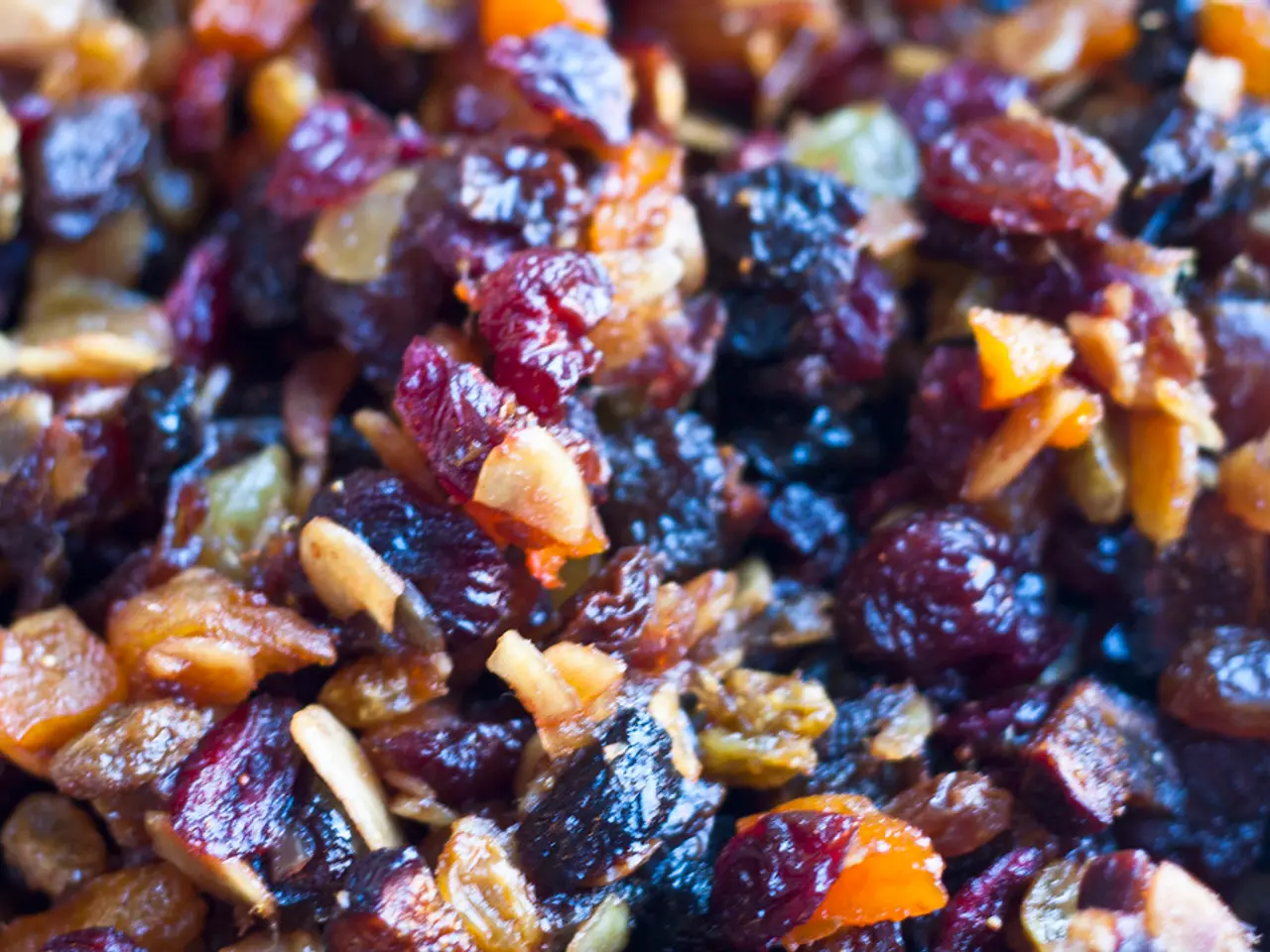Avoid These 5 Harmful Food Additives for Your Health
In today's fast-paced world, processed foods have become a significant part of many diets, offering convenience and affordability. However, a diet rich in processed foods can lead to chronic diseases such as obesity, high blood pressure, heart disease, and cancer, among others.
The U.S. Food and Drug Administration (FDA) has approved thousands of food additives, but some of these substances may pose potential health risks. Here are some additives in processed foods to be aware of:
Preservatives (e.g., sodium benzoate): These help prolong shelf life but may contribute to cardiovascular risks and harm the gut lining, promoting chronic inflammation linked to heart disease and other conditions.
Emulsifiers and thickeners (e.g., pectin, guar gum, tapioca starch, polydextrose, inulin): Used to improve texture, some emulsifiers can disrupt the gut microbiome and intestinal barrier, potentially increasing inflammation and related chronic diseases.
Sweeteners and sugar additives (e.g., maltodextrin): Maltodextrin is a highly processed starch derivative that can cause rapid blood sugar spikes and damage gut bacteria, raising risks for diabetes and intestinal inflammation. It may also contain gluten if derived from wheat.
Unhealthy fats and high sodium: Many ultra-processed foods contain excessive unhealthy fats and salt, which contribute to obesity, hypertension, and heart disease.
Glazing agents (e.g., carnauba wax): Used to prevent discoloration, the health effects are less well understood but add to the chemical load in processed foods.
The consumption of ultra-processed foods rich in these additives is linked to increased risks of obesity, heart disease, cancer, diabetes, cognitive decline, and impaired gut health due to inflammation and microbiome disruption.
To avoid these additives in your diet, prioritize whole, minimally processed foods such as fresh fruits, vegetables, whole grains, legumes, nuts, and lean proteins. Read ingredient labels carefully, avoiding products with long lists of unfamiliar chemicals, preservatives, emulsifiers, and additives like maltodextrin or sodium benzoate. Cook more meals at home to control the ingredients and limit dependence on convenience ultra-processed foods. Choose products labeled as free from artificial additives or those certified organic, which often have stricter additive regulations. Limit intake of common ultra-processed items such as frozen meals, granola bars, salad dressings with many additives, sodas, and flavored snacks.
By reducing ultra-processed food consumption and additives, one can lower the risk of chronic diseases linked to these substances and support better gut and overall health. Choose foods that are in their natural state and color, look to the farm, opt for frozen foods without additives if fresh aren't available, be your own chef, read the label, and avoid products with known additives and ingredients you can't pronounce.
It's important to note that not all additives in processed foods are harmful. Some additives help prevent spoilage and maintain nutritional value. However, it's always a good idea to be mindful of what you're consuming and make informed choices about the food you eat.
References:
[1] Fung, T. T., & Ha, V. (2016). Ultra-processed foods cause excessive calorie intake and weight gain: an in vitro and human study. The American Journal of Clinical Nutrition, 103(4), 981–988. https://doi.org/10.3945/ajcn.115.113786
[2] Schnoll, R. F., & Kroes, R. M. (2017). Food additives and hyperactivity. Journal of Attention Disorders, 21(1), 4–12. https://doi.org/10.1177/1087054715624899
[3] Monteiro, C. A., Cannon, G. B., Rauber, C. A., & Popkin, B. M. (2015). Ultra-processed food consumption and diet quality in the US population: a cross-sectional analysis of NHANES 2005–2010. BMJ Open, 5(10), e008593. https://doi.org/10.1136/bmjopen-2015-008593
[5] U.S. Food and Drug Administration. (n.d.). Maltodextrin. Retrieved from https://www.accessdata.fda.gov/cgsa/label/806514.pdf
- Incorporating whole, minimally processed foods such as fruits, vegetables, whole grains, and lean proteins into one's diet can support a healthier lifestyle and reduce the risk of chronic diseases associated with processed foods.
- By being mindful of the ingredients in the food and drink we consume, we can limit the intake of additives like sweeteners, emulsifiers, and preservatives that may contribute to health risks.
- Pursuing healthy cooking practices at home helps control the food we eat and reduces reliance on ultra-processed convenience foods, which often contain unwanted additives.
- Opting for products labeled as free from artificial additives or those certified organic may lead to stricter additive regulations and a healthier diet.
- Lifestyle choices that prioritize nutrition and wellness, such as limiting foods like frozen meals, granola bars, and sodas that are high in additives, can lead to improved overall health and reduced inflammation in the gut.
- The choices we make regarding our food and drink can impact our skin care, as rapid blood sugar spikes caused by certain additives can damage gut bacteria and increase risks for diabetes and intestinal inflammation.
- Embracing a culture of workplace wellness by promoting healthy choices in the workplace, such as offering fresher food and drink options, can contribute to a healthier workforce and reduced health risks in the long run.




